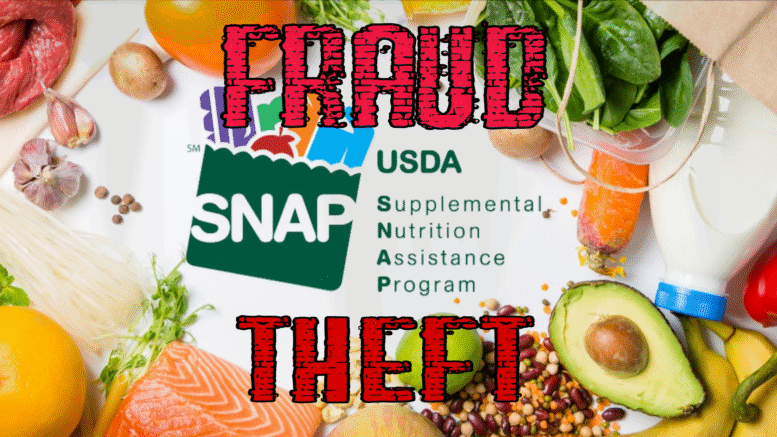Introduction to the Food Stamp Fraud Scandal
In a stunning case that has rocked public trust, a massive $66 million food stamp fraud scheme was uncovered, involving Arlasa Davis, a US Department of Agriculture (USDA) employee, and five others. Announced on May 29, 2025, by the U.S. Department of Justice, this fraud is one of the largest in U.S. history, targeting the Supplemental Nutrition Assistance Program (SNAP), commonly known as food stamps. The scheme diverted funds meant for low-income families, highlighting serious flaws in government oversight. How was this happening for the past 6 years under the noses of USDA leadership? This article explores the details of this theft, its impact, and what it means for the future.
How the Food Stamp Fraud Scheme Worked
Arlasa Davis, tasked with preventing SNAP fraud, allegedly did the opposite. She sold confidential Electronic Benefit Transfer (EBT) card numbers, enabling over $36 million in fraudulent transactions. Starting in 2019, the scheme involved 160 unauthorized EBT terminals and 200 fake USDA applications, processing over $30 million in illegal transactions across New York stores. Meaning, In the past 6 years Davis and cohorts reportedly accepted bribes disguised as “birthday gifts” and “flowers,” betraying her role and the families who rely on SNAP. The food stamp theft not only stole taxpayer money but also undermined a vital safety net.

The Role of Arlasa Davis and Co-Conspirators
Davis wasn’t alone. Five others—Michael Kehoe, Mohamad Nawafleh, Omar Alrawashdeh, Gamal Obaid, and Emad Alrawashdeh—were charged alongside her. They created a network of fake applications and unauthorized terminals, siphoning funds meant for struggling families. The Department of Justice charged them with conspiracy to steal government funds, theft, and misappropriation of USDA benefits. Davis faces additional charges of bribery and wire fraud, reflecting her central role in this food stamp theft. The scale of their operation shows how coordinated efforts exploited system weaknesses.
Public Outrage and Systemic Issues
The public reaction, especially on platforms like X, has been one of shock and anger. Posts with thousands of views called out the irony of a USDA employee enabling food stamp theft. For example, one user noted the $36 million in fake transactions, while another highlighted the betrayal of low-income families. This case exposes gaps in oversight, raising questions about how someone with access to sensitive data could orchestrate such a large-scale food stamp theft. It’s a wake-up call for stronger safeguards in government programs. Furthermore, it is another glaring example of exactly what the Trump Administration wants to fix.

The Impact on Low-Income Families
The $66 million stolen was meant to help families put food on the table. U.S. Attorney Perry Carbone stated that the fraud “misappropriated tens of millions of dollars in taxpayer funds.” This loss directly harmed vulnerable communities, as SNAP benefits are a lifeline for many. The food stamp fraud case underscores the need for better monitoring to ensure aid reaches those who need it most. Public trust in these programs is now at risk, demanding urgent reforms.
What’s Next for SNAP and Oversight?
This food stamp fraud has sparked calls for change. Secretary of Agriculture Brooke Rollins described it as one of the largest stings in USDA history, signaling a push to crack down on abuse. The case highlights the need for tighter employee vetting, improved access controls, and advanced fraud detection systems. Moving forward, rebuilding trust will require transparency and accountability to prevent future food stamp fraud. The USDA and lawmakers must act swiftly to protect SNAP’s integrity.
Food Stamp Fraud: Final Notes
The $66 million food stamp fraud involving Arlasa Davis is a stark reminder of the vulnerabilities in public assistance programs. By exploiting her position, Davis and her co-conspirators caused significant harm to low-income families and eroded trust in SNAP. As the case unfolds, it’s clear that stronger oversight is essential to prevent such betrayals. It is also clear that stiff penalties must be swift-no exceptions. This food stamp fraud scandal should drive meaningful reforms to safeguard taxpayer funds and ensure aid reaches those in need.



